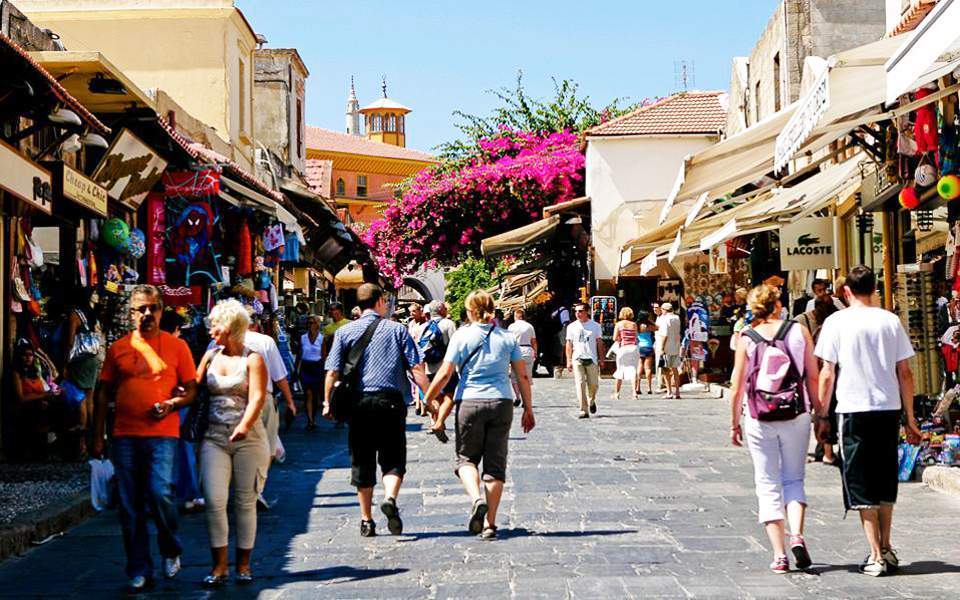In 2024, global tourism and air travel are set to fully rebound to pre-pandemic levels, as highlighted by Lysandros Tsilidis, president of the Federation of Hellenic Associations of Tourist and Travel Agencies (Fedhatta). Concurrently, Greece is solidifying its position with a steady influx of 30 million tourists, shaping the nation’s overarching tourism strategy.
Greece now boasts a highly competitive tourism product, closely tied to the factor of safety. Simultaneously, it can shift its focus to other forms of tourism to mitigate seasonality and achieve greater distribution of tourism income across all regions, stated Christina Tetradi, Vice President of the Greek Chamber of Hotels.
However, despite this year’s bookings projected to rise slightly compared to last year, Yiannis Hatzis, President of the Panhellenic Federation of Hoteliers, stresses the importance of strategic planning, highlighting that it is essential for ensuring the resilience of the tourist industry for the future.
Amidst the challenges of the present year, the conflicts in the region cast a shadow. These events not only instill fear and concern in travelers but also directly impact energy costs, affecting businesses’ operations. Addressing staffing concerns, the vice-president of the Greek Chamber of Hotels emphasizes its ongoing significance. She notes that due to staffing issues, many hotels will be unable to open certain sections.
Regarding tourist arrivals in Greece and hotel occupancy, Tetradi highlights the continued low tourist arrivals in Greece due to limited charter flights. She notes the absence of a campaign linking Greek Easter with the start of the summer season, and criticizes the regions for not seizing the opportunity to attract international travelers.




